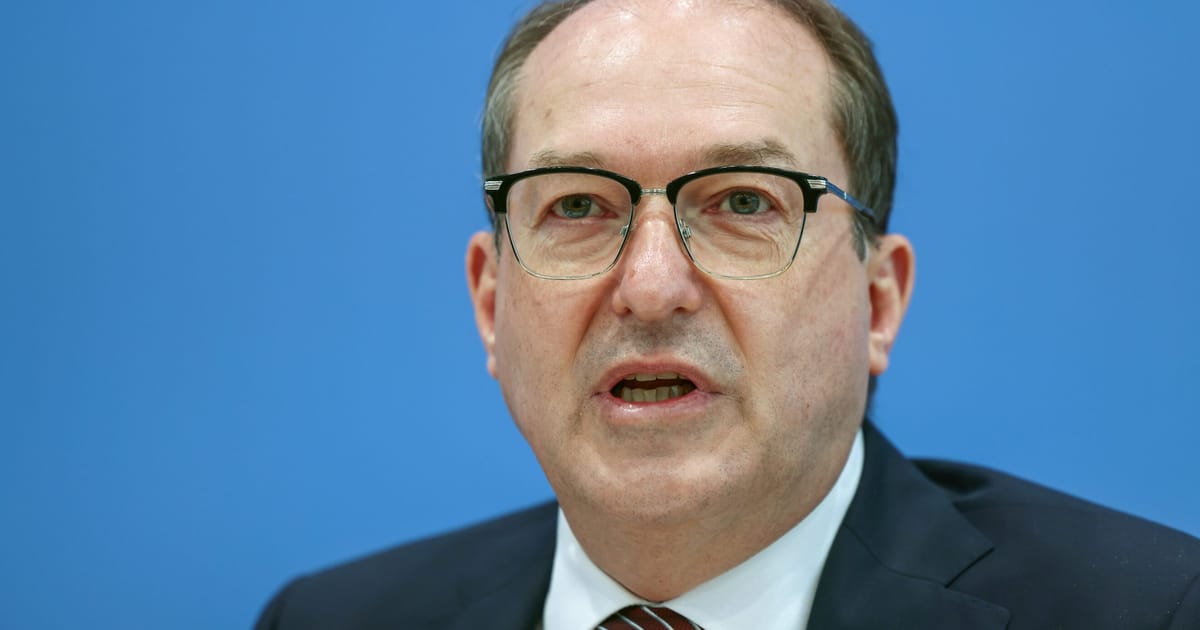

In an era marked by fast-paced changes in global politics, Europe finds itself at the forefront of critical diplomatic initiatives and discussions. As nations navigate complex challenges ranging from immigration to international security, recent developments highlight a collaborative spirit and a hopeful outlook for peaceful resolutions and constructive partnerships.
One of the significant events unfolding is Germany’s proactive stance on immigration policies within Europe. The new conservative-led government in Berlin is taking steps to convene a summit focused on asylum rules and migration. This initiative signals Germany’s leadership in fostering a unified approach to migration issues across Europe. The call for a summit reflects a growing recognition of the importance of comprehensive frameworks that balance the need for security with humanitarian considerations, suggesting a path toward more coordinated European immigration policies.
Complementing Germany’s diplomatic efforts, Chancellor Friedrich Merz is set to visit the United Kingdom later this month. The purpose of this visit is to sign a wide-ranging Anglo-German treaty, reinforcing the ties between these two influential nations. This treaty aims to enhance bilateral cooperation across various sectors, reflecting a commitment to deepen collaboration in a rapidly changing global landscape. With such partnerships, both countries underscore the importance of unity and resilience in addressing both regional and global challenges.
Turning our attention to security issues, the United Kingdom is preparing to host a significant meeting known as the ‘coalition of the willing.’ Driven by France and the U.K., this coalition seeks to provide security guarantees to Ukraine, amidst ongoing tensions in Eastern Europe. This initiative exemplifies the strong European commitment to regional stability and the provision of robust support systems for nations facing security threats. As these discussions progress, they offer the potential to bolster peace and cooperation in support of the Ukrainian people.
Meanwhile, in a positive turn of Middle Eastern diplomacy, discussions around a potential ceasefire between Israel and Hamas have reached a hopeful juncture. Hamas has expressed readiness to engage in negotiations with a ‘positive spirit,’ responding to a U.S.-brokered proposal for a ceasefire in Gaza. This proposal envisions a 60-day ceasefire, during which hostages could be released and further negotiations pursued to end the nearly 21-month-long conflict. The international community watches with anticipation as this development could bring much-needed respite to a region long troubled by conflict.
Adding to this optimism, reports suggest that a formal ceasefire announcement could be forthcoming shortly, contingent on additional diplomatic engagements. Israeli Prime Minister Benjamin Netanyahu’s upcoming visit to Washington, where he will meet with U.S. President Donald Trump, marks a pivotal moment that may further advance these peace efforts. This engagement underscores the potential for synchronized international actions aimed at fostering peace and stability in the Middle East.
These recent developments illustrate a promising trajectory towards diplomatic and peaceful resolutions within Europe and beyond. As nations continue to engage through dialogue and partnership, they create spaces for constructive outcomes that hold the potential to inspire hope and drive positive change globally. It is through these ongoing efforts and collaborative endeavors that the international community can work towards a future defined by peace, cooperation, and resilience.
Source: {link}
